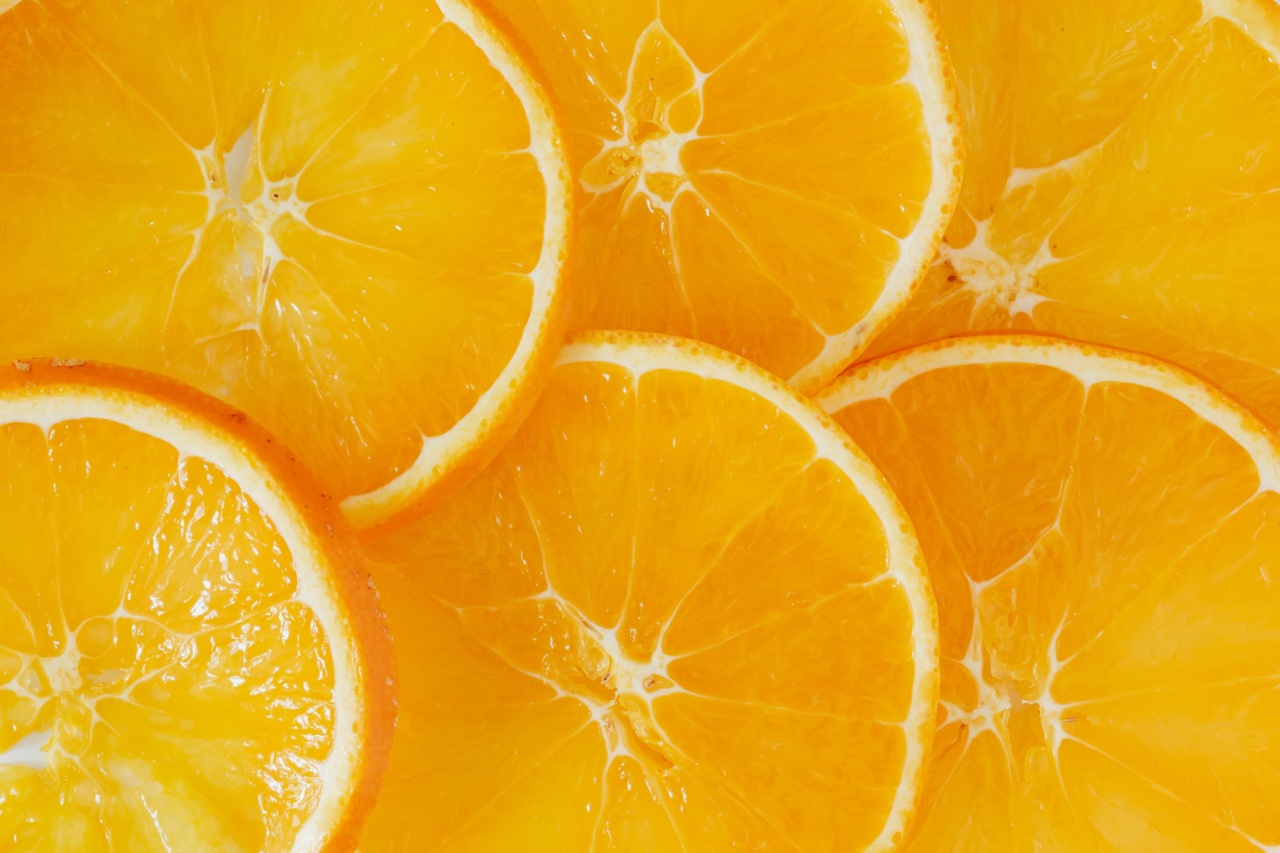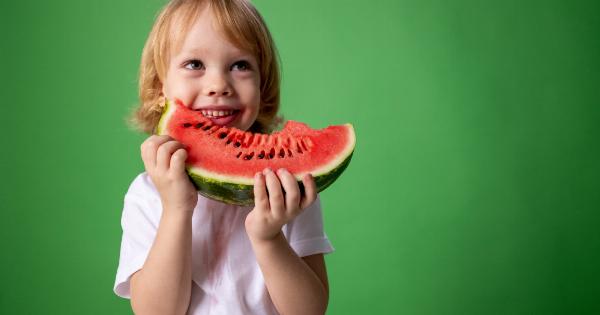Vitamin B12, also known as cobalamin, is an essential nutrient that plays a crucial role in the body’s proper functioning. It is responsible for maintaining nerve health, forming red blood cells, and aiding in DNA synthesis.
Most commonly found in animal-based products, some vegetarians may find it challenging to obtain sufficient amounts of vitamin B12 in their diet. Fortunately, there are several vegetarian-friendly sources of vitamin B12 that can help address this issue. In this article, we will explore ten such sources that you need to try out.
The Importance of Vitamin B12
Before diving into the vegetarian sources of vitamin B12, let’s briefly understand why this nutrient is vital for the body. Vitamin B12 plays a crucial role in various functions, including:.
1. Nerve Health: Vitamin B12 aids in the production of myelin, a protective layer around our nerves. This helps maintain the health of our nervous system and prevents nerve damage or degeneration.
2. Red Blood Cell Formation: Vitamin B12 is involved in the production of red blood cells, which are responsible for oxygen transport throughout the body.
A deficiency in B12 can lead to anemia and related symptoms such as fatigue and weakness.
3. DNA Synthesis: Vitamin B12 is required for the synthesis of DNA, which is essential for proper cell division and growth. It also plays a role in regulating genetic material and preventing certain types of birth defects.
Vegetarian Sources of Vitamin B12
While many plant-based foods do not naturally contain vitamin B12, there are ways for vegetarians to incorporate this important nutrient into their diet. Here are ten vegetarian-friendly sources of vitamin B12:.
1. Nutritional Yeast
Nutritional yeast is a deactivated yeast that has a cheesy, nutty flavor. It is often used as a cheese substitute in vegan dishes and is an excellent source of vitamin B12.
Just one tablespoon of nutritional yeast provides more than the recommended daily intake of vitamin B12 for adults.
2. Fortified Soy and Almond Milk
Many brands of soy and almond milk are fortified with vitamin B12 to cater to the dietary needs of vegetarians and vegans. Check the labels when purchasing these plant-based milk alternatives to ensure they are enriched with vitamin B12.
3. Chia Seeds
Chia seeds, a superfood packed with essential nutrients, can also provide a significant amount of vitamin B12 to vegetarians. Including chia seeds in your diet by adding them to smoothies, cereals, or yogurt can boost your vitamin B12 intake.
4. Tempeh
Tempeh is a fermented soy product that is not only a good source of protein but also contains vitamin B12. Including tempeh in your vegetarian meals can help fulfill your vitamin B12 requirements effectively.
5. Seaweed
Some seaweed varieties, such as nori, contain small amounts of vitamin B12. Incorporating seaweed into your diet through sushi rolls or seaweed salads can provide a vegetarian source of this essential nutrient.
6. Fortified Breakfast Cereals
Many brands of breakfast cereals, including some popular ones, are fortified with vitamin B12. Checking the packaging for added nutrients can help you find a suitable fortified cereal option to boost your daily B12 intake.
7. Miso Paste
Miso paste, a traditional Japanese condiment used in soups and marinades, is made from fermented soybeans. This fermentation process can result in the production of vitamin B12, making miso paste a potential vegetarian source of this nutrient.
8. Fortified Plant-Based Meat Alternatives
With the increasing popularity of plant-based diets, many companies are fortifying their meat alternatives with vitamin B12. Look for different plant-based meat options in stores that specifically mention added nutrients like B12.
9. Spirulina
Spirulina, a type of blue-green algae, is highly nutritious and contains various vitamins and minerals, including vitamin B12. You can incorporate spirulina into your diet by adding it to smoothies or mixing it into dips and dressings.
10. Supplements
If obtaining vitamin B12 from dietary sources proves difficult, it is advisable to consult a healthcare professional and consider taking vitamin B12 supplements.
These supplements can be found in various forms, such as tablets, capsules, or sublingual drops, and are specifically designed for vegetarians and vegans.
Conclusion
While it may require some conscious effort, vegetarians can meet their vitamin B12 needs through a variety of vegetarian-friendly sources.
From nutritional yeast to fortified plant-based milk alternatives, chia seeds to tempeh, there are numerous options available. Incorporating these sources into your diet can help ensure that you maintain optimal vitamin B12 levels and enjoy the associated health benefits.































